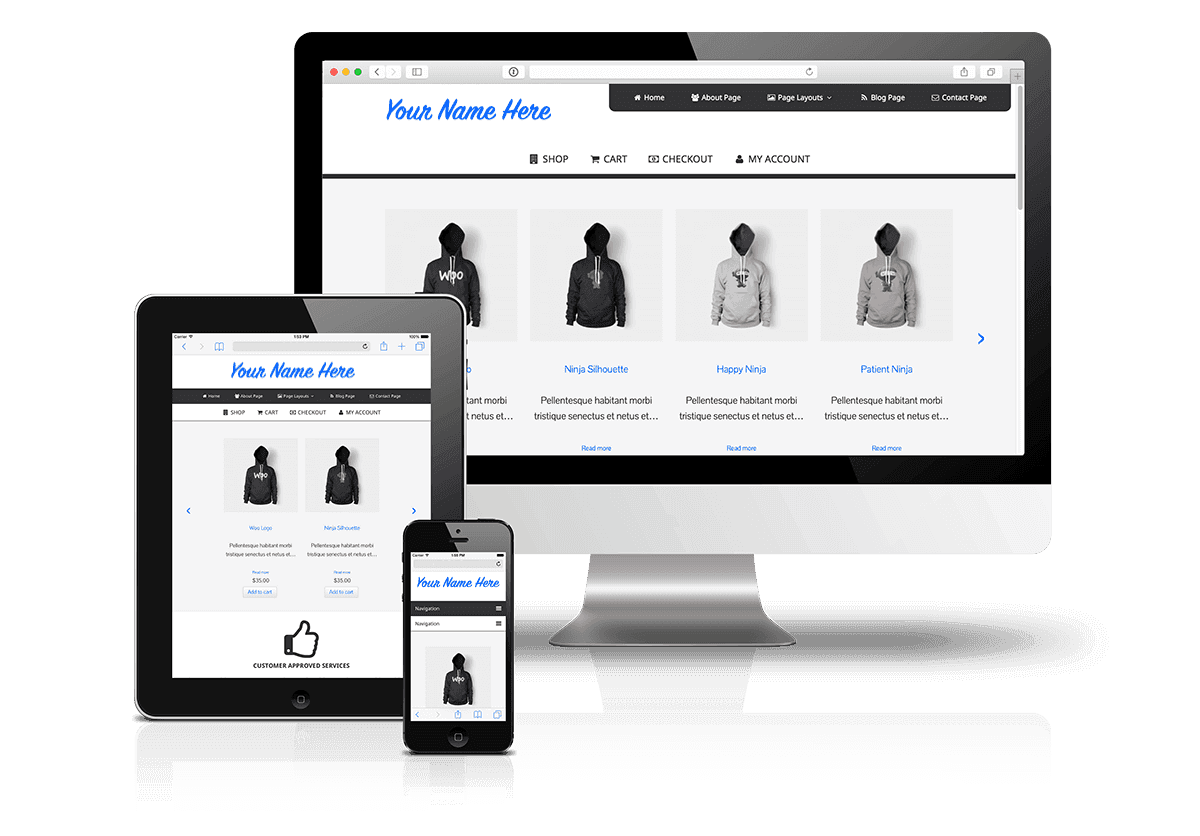Your cart is currently empty!
WooCommerce multi-vendor setups
Share this:

On a few occasions I’ve heard of multiple shopping cart sub sites, sometimes powered by a WordPress Multisite Network that supports multiple WordPress sites within one via URI path, subdomain, or domain name. Examples of this include: business product lines, departments, or clients of a solution provider.
Each sub site has some base requirements to sell online in addition to their normal online store contents, including:
- Privacy Policy, Terms and Conditions, Contact Information, and one or more payment gateways that approves.
- Site administration, security, maintenance, and support.
- Sub site operators having specific needs:
- designs and templates
- marketing specials and adjustments
- accounting service integration
- inventory control (open, stock management, third party controller)
- custom business rules
- web service integrations
While that solution may fit some scenarios, it could be too much for most. There’s several more popular set-ups that can support multiple vendors of products in your online store more quickly and easily. Popular examples are:
- Product Vendors where your storefront runs the accounting and vendor payments on demand.
- Affiliates (one of a few popular plugins) where your storefront pays referrers for business on terms.
- Ads networks that pay you for the referral to advertisers / clients sites or landing pages.
- WooCommerce core External products where the product add-to-cart is a nofollow URL anywhere.
- WooCommerce core Downloadable products that take an order in completed status and return product instructions available only to purchasers.
- Quote Request / RFQ into no-cost orders that act more like a CRM.
Most of my clients have dabbled into one or more of the above. These require planning and prototyping. Contact me if you’d like to collaborate on one of the above solutions or a combination thereof.